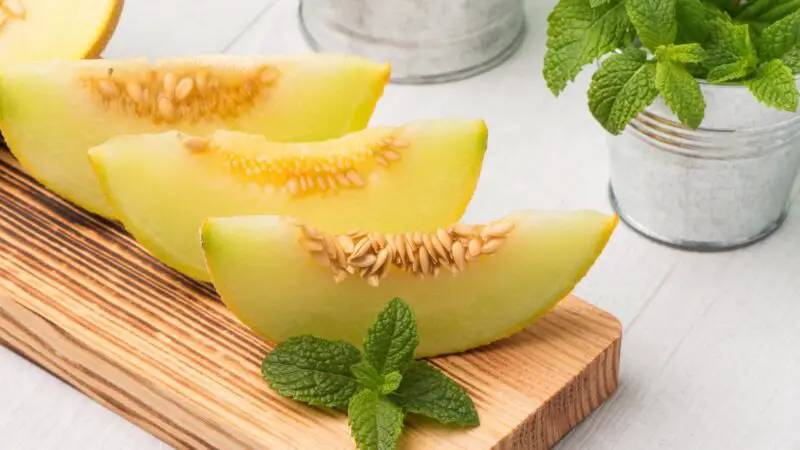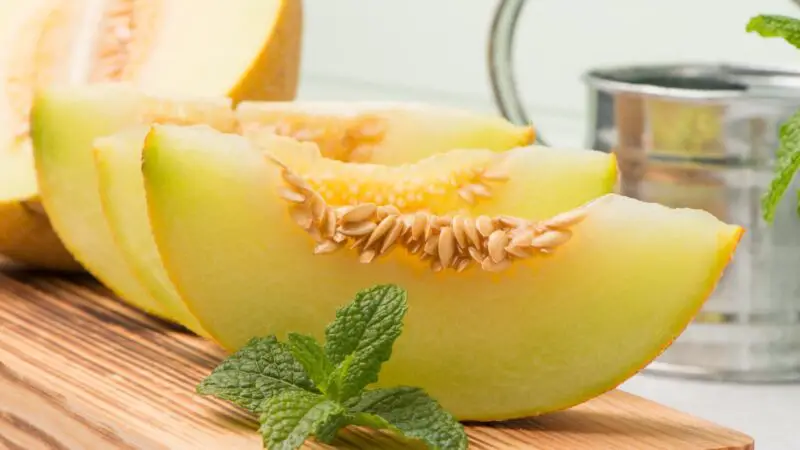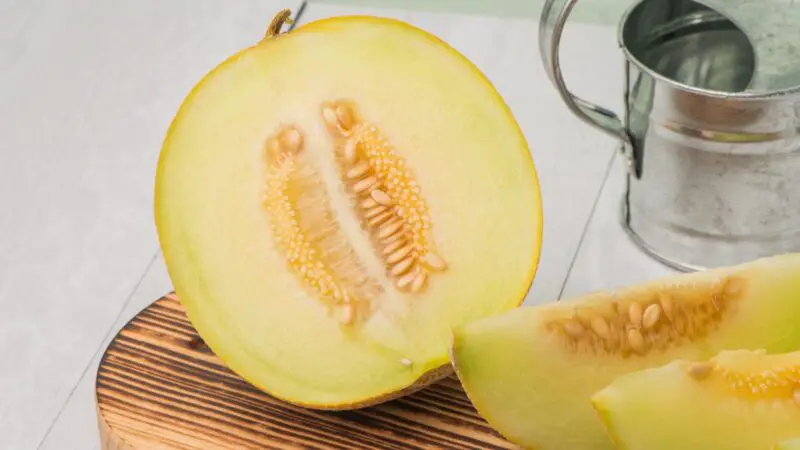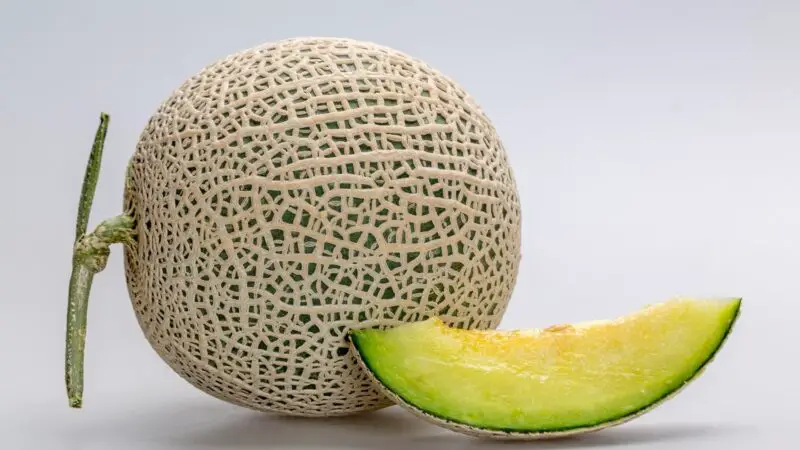There is nothing better than a piece of honeydew melon during the summer days! It’s not just tasty, but it’s also healthy. As humans, we have many benefits from eating these melons.
But, does the guinea pig like this fruit? Is it beneficial for the guinea pig?
Can guinea pigs eat honeydew melons? Guinea pigs can eat honeydew melons. This can be given to guinea pigs quite often, and it is a great way to keep the cavy hydrated, especially on the hot summer days. The guinea pigs can eat the rind and green flesh. The only thing to be thrown away is the seeds from the center because they are a hazard for cavies.
We confirmed that guinea pigs can safely eat the honeydew melon. However, even fruits and veggies have nutrients that are bad for the guinea pigs, even fresh produce needs precaution.
But, we will also mention all the benefits a guinea pig would have from this heavenly tasty fruit!
Table of Content
Is Honeydew Melon Good for Guinea Pigs? | Health Benefits

This melon has low amounts of fat and zero cholesterol. Also, there is potassium which will boost the overall immunity in the summertime as well.
With the carbs and proteins contained, the cavy will get enough energy for the day. In this type of melon, there are enough fibers for improved digestion. Serve in moderation, otherwise, the cavy will get loose stool and gases.
The cavy will get lots of vitamins too. Vitamin A for the overall health, vitamin K for strong bones, vitamin B6 for the brain, and good mood. Also, there is vitamin C that prevents scurvy in rodents (swollen joints, rough fur, bleedings, no appetite, diarrhea). With zinc, wounds will heal faster.
Also, the manganese will protect from most diseases, selenium will prevent cancers, and the iron will strengthen the blood.
Nutrition Facts of Honeydew Melon

In a serving of 100 g (3 oz) of honeydew melon, there is:
- 36 calories
- Fat – 1 g
- Cholesterol – 0 mg
- Sodium – 18 mg
- Potassium – 228 mg
- Carbs – 1 g
- Fiber – 8 g
- Sugar – 1 g
- Protein – 5 g
- Vitamin A – 1%
- Vitamin C – 30%
- Vitamin K – 4%
- Vitamin B6 – 4%
- Magnesium – 2%
- Zinc – 1%
- Copper – 1%
- Manganese – 1%
- Selenium – 1%
- Phosphorus – 1%
- Calcium – 1%
- Iron – 9%
The honeydew melon can be found during the whole year, but most commonly they have the best taste during the summer months.
Avoid the melons that have bruised spots and colorings on the outside – you need the ripe ones for the cavies, and ripe melons are creamy-bright-yellow on the outside. Also, they smell very sweet and aromatic even before the cutting!
Then, wash the melon well, cut it and scoop out the seeds. The cavies can eat chunks of 1 or 2 inches. Expect the cavies to go crazy when they sniff the melon. Also, you can feed this to the lovely guinea pigs every other day.
Is Honeydew Melon Bad for Guinea Pigs? | Possible Risks

One of the risks is the high level of sodium here. It is not a very bad thing, but it could make your cavy thirsty for water.
Also, another risk is sugar. Be careful here because cavies don’t digest sugars as well as humans. So, serve this in moderation.
Quick Facts on Honeydew Melon

- Cavies can eat honeydew melons, and they love the taste too.
- This melon has no cholesterol. But, it has carbs, proteins, and vitamins.
- Also, there is vitamin C, the best vitamin for the health of guinea pigs.
- The normal frequency for the guinea pigs to eat honeydew melons are every other day.
- The seeds must be removed to avoid choking; the edible part is the rind and flesh.
We have also made a full list of foods that guinea pigs can and can’t eat (150+ Types of Foods). Be sure to also check our recommended products page for everything you will ever need to assure a happy life for your guinea pigs. Hope this information was helpful and you have found the answer you were looking for.
Related: Can Guinea Pigs Eat Melons? (Benefits, Risks, Serving Size & More)
List of Sources
Vitamin C Requirements of the Guinea-Pig
Nutrient Requirements of Laboratory Animals: Fourth Revised Edition
The Effects of Diet on Anatomy, Physiology and Health in the Guinea Pig
